News
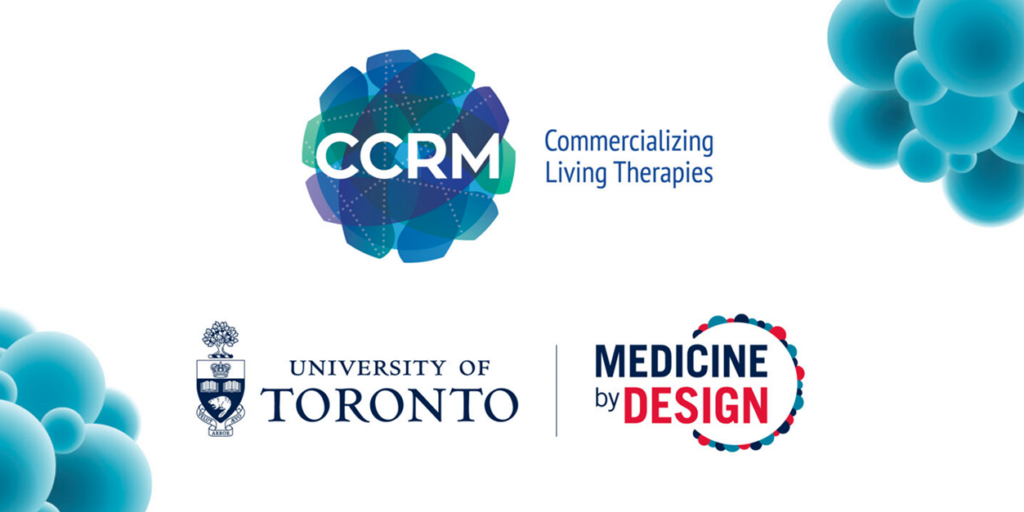
Medicine by Design, CCRM launch alliance to bolster Canada’s leading position in regenerative medicine
Medicine by Design and CCRM are launching a new strategic alliance that aims to unlock Toronto’s potential as a world-leading ecosystem for regenerative medicine.
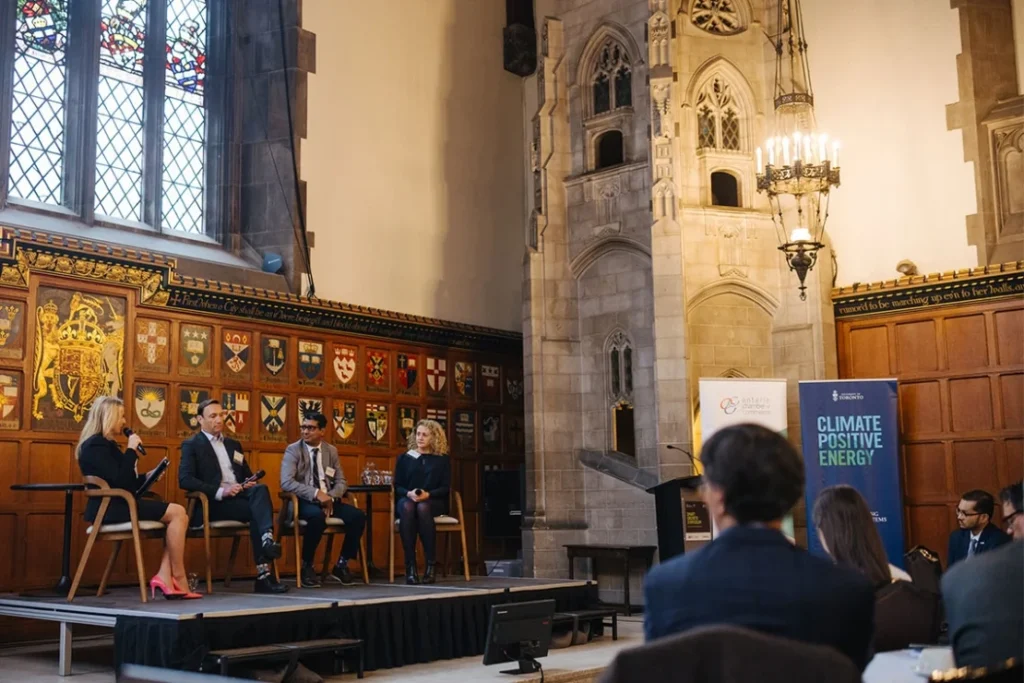
Smart and clean growth conference draws government leaders
From innovative clean technology to smart building standards, University of Toronto researchers are working with industry and communities to reduce emissions in infrastructure and transportation – and to support a cleaner energy grid.

U of T Data Sciences Institute trains workers in data analytics, applied machine learning
A new training initiative launched by the DSI is helping Canada meet its growing need for talent in data science and machine learning. Powered by Upskill Canada, the Data Science and Machine Learning Software Foundations Certificates aim to upgrade workers' skills in fast-growing fields
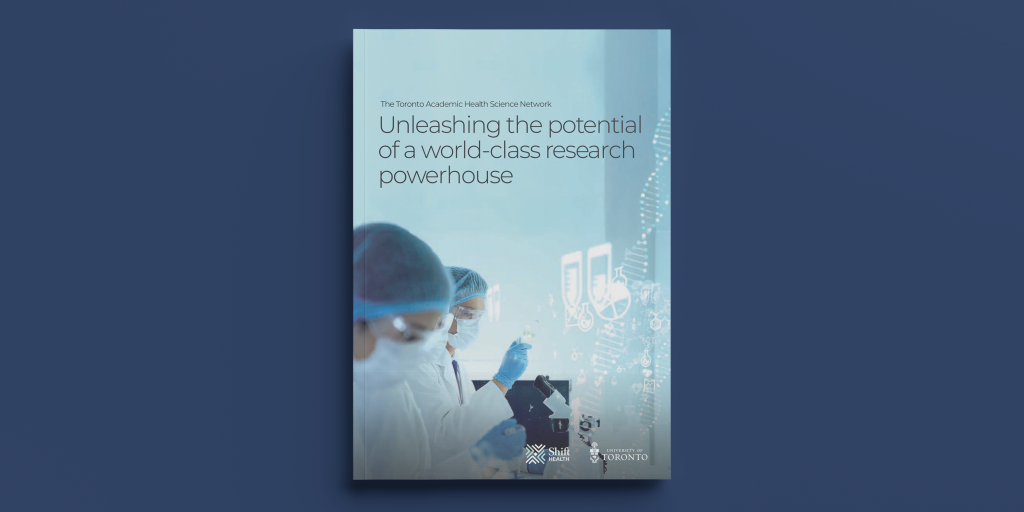
U of T-anchored hospital network among leading life sciences research hubs, report finds
The University of Toronto and its partner hospitals are propelling the Toronto region as a leading global hub for life sciences research – but its success is at risk from underinvestment. That’s among the findings of a new report that examines the strengths and challenges within the Toronto Academic Health Science Network (TAHSN) – which comprises U of T […]

U of T breaks ground on a new home for the Acceleration Consortium
The university recently held a groundbreaking ceremony to mark the expansion of the Lash Miller building on the St. George campus – a place that will serve as the new home of the Acceleration Consortium while providing improved facilities for the department of chemistry.

U of T 'self-driving lab' to focus on next-gen human tissue models
The Self-Driving Laboratory for Human Organ Mimicry is the latest self-driving lab to spring from a historic $200-million grant from the Canada First Research Excellence Fund to the Acceleration Consortium
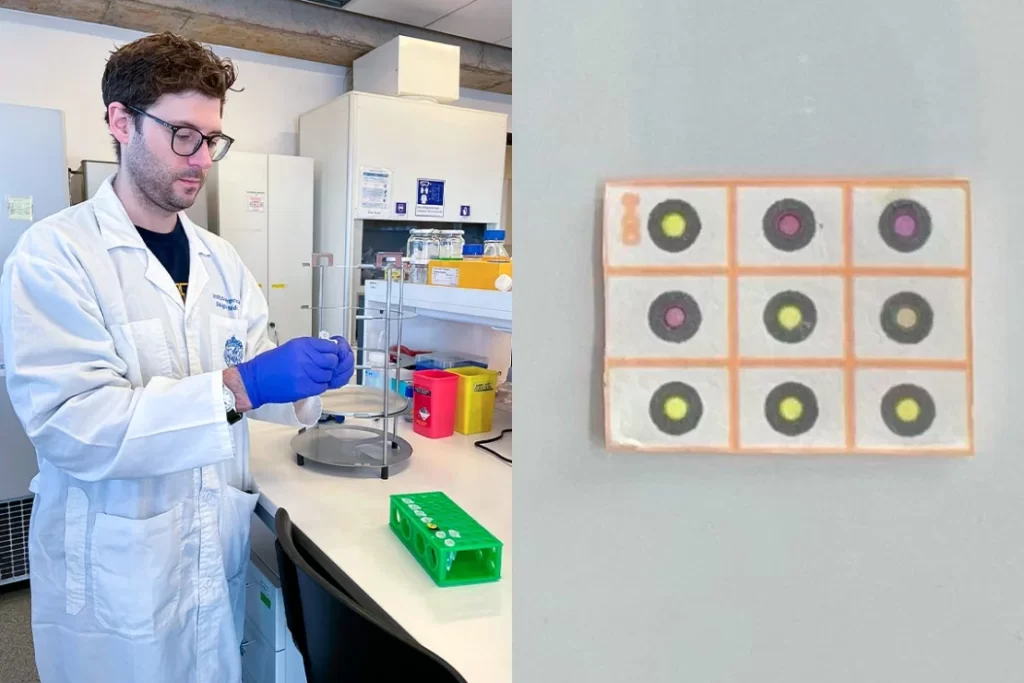
U of T PhD student uses synthetic biology to create low-cost diagnostic tools
A relatively new field of research, synthetic biology applies engineering principles to recreate fully functional biological systems. Justin Vigar, the recipient of a doctoral award from EPIC, believes it can improve the health and lives of people around the world.
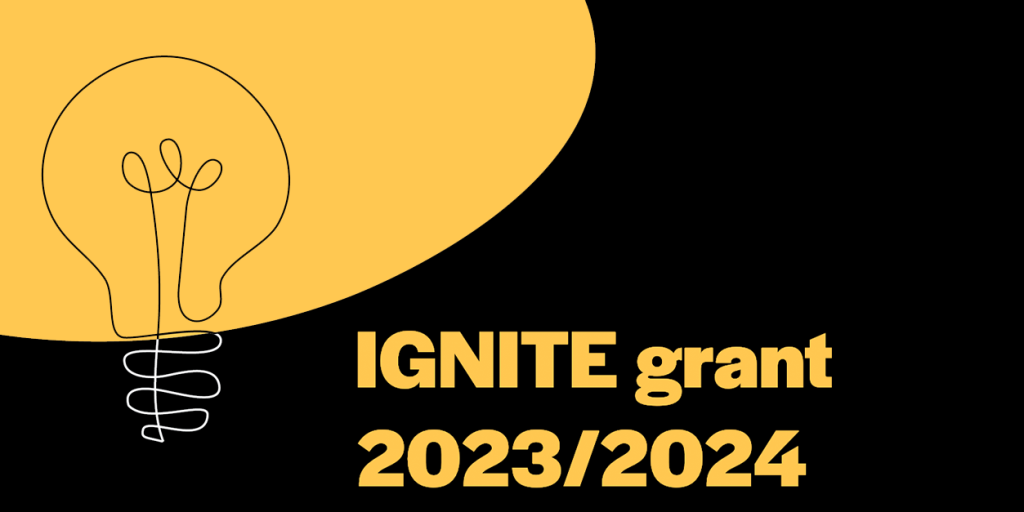
The Black Research Network’s 2023/2024 IGNITE grant
The Black Research Network’s IGNITE grant is now open to applicants for the 2023/2024 academic year! The grant was established to provide small-scale funding – between $5K to $10K – towards professional development, research dissemination and other types of research support. Learn more and apply by Wednesday, November 22, 2023.
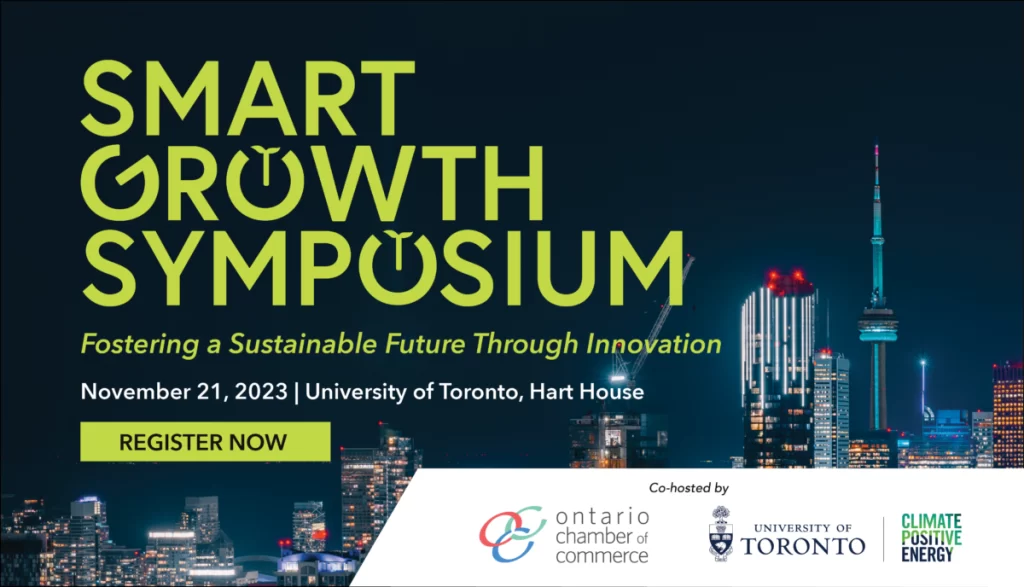
Smart Growth Symposium: Fostering a Sustainable Future Through Innovation
Climate Positive Energy Initiative and the Ontario Chamber of Commerce will host an in-person event on Nov 21, focused on showcasing smart and clean tech solutions, including sustainability, smart mobility, buildings, business commerce, the energy grid, and other digital and physical infrastructure solutions relevant to Ontario’s economy.
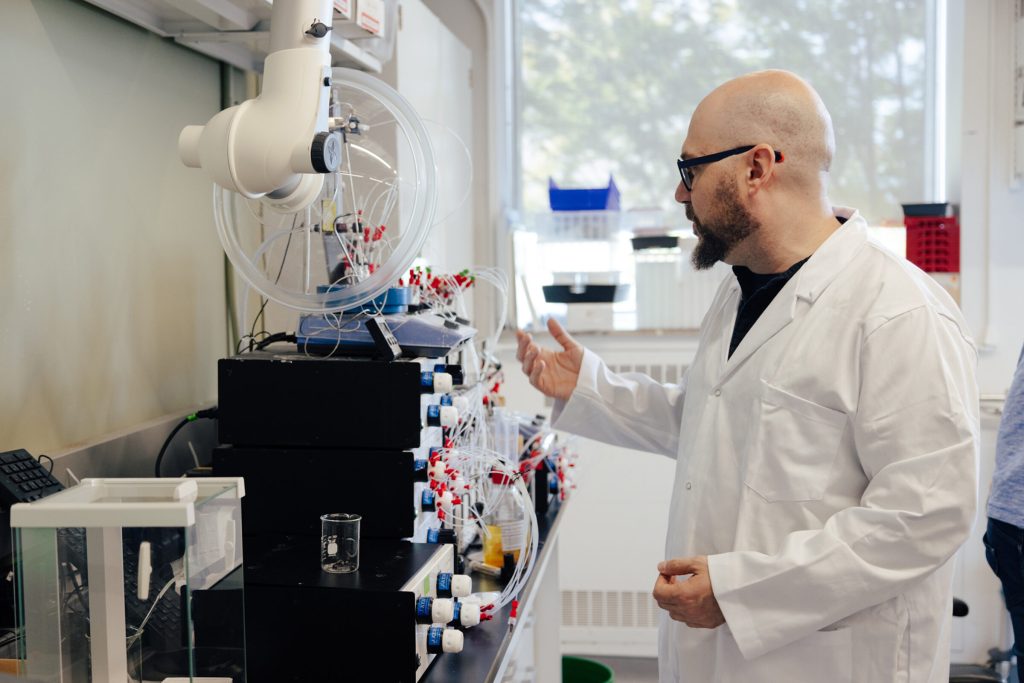
The Lab That (Almost) Runs Itself
Robots and AI are changing how we do science, making it faster, cheaper and more productive. By Scott Anderson for U of T Magazine
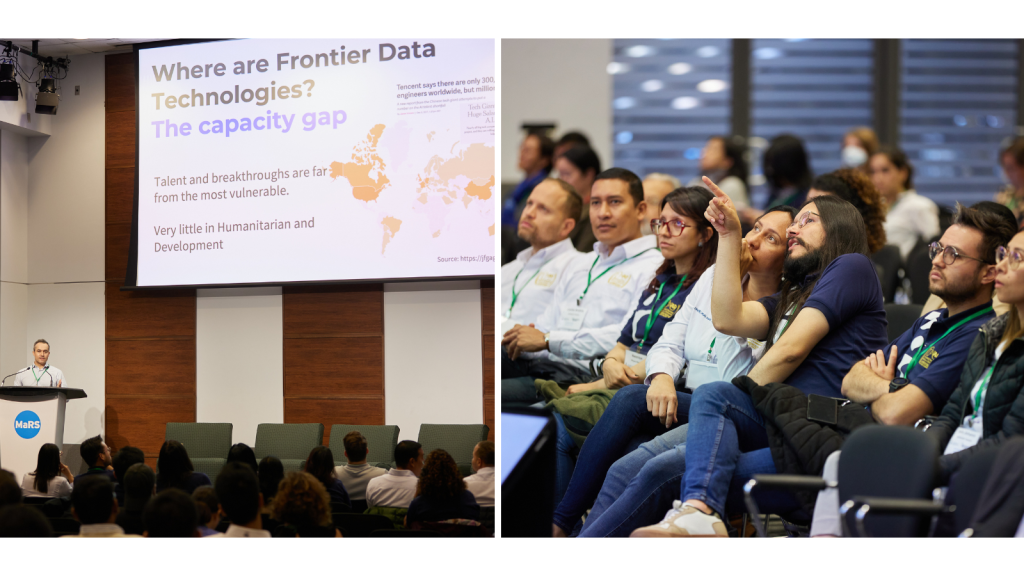
Data Sciences Institute’s Research Day Unveils the Power of Data
In a data-driven day, more than 250 individuals gathered to unveil the stories embedded within the numbers. The Data Sciences Institute’s first annual Data Science Research Day brought together data science enthusiasts from all corners to celebrate the fusion of data, innovation, and collaboration.
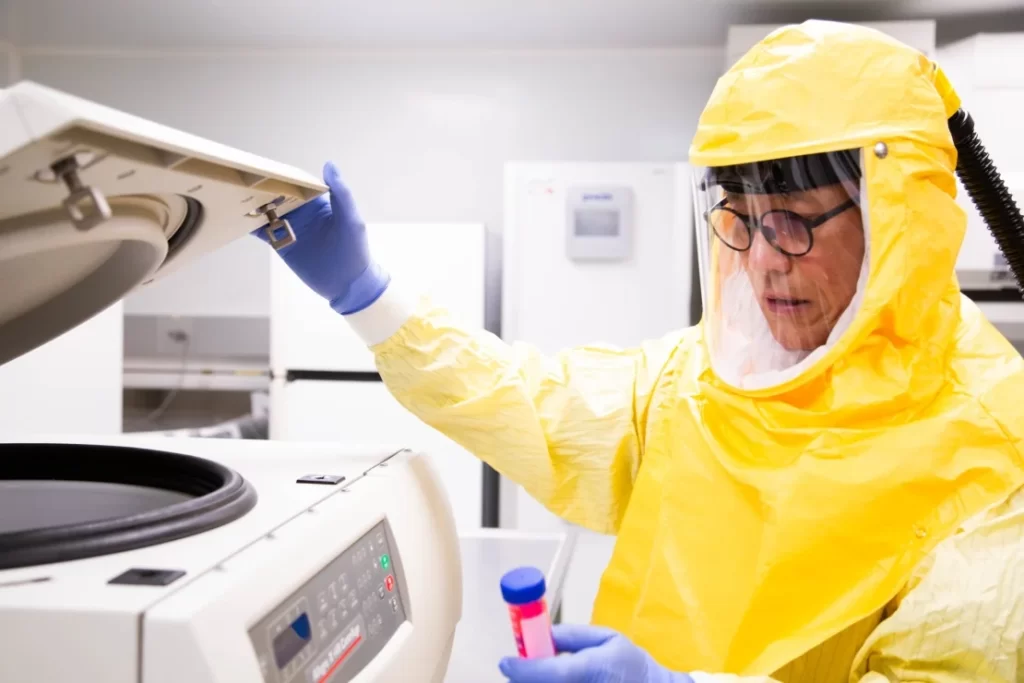
Research may explain why men are more likely to experience severe cases of COVID-19
Haibo Zhang, a researcher at Unity Health Toronto and U of T, led pre-clinical research that suggests why males are more likely to experience worse outcomes from COVID-19, opening the door to potential new treatments.
